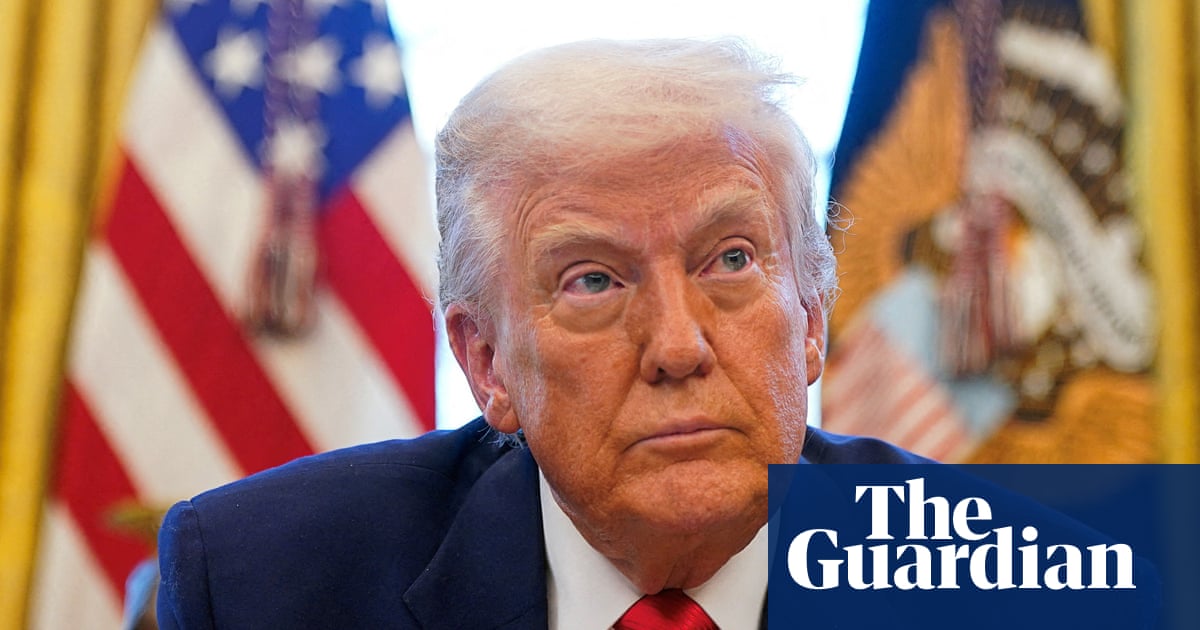On Wednesday, tensions heightened as former President Donald Trump intensified his pursuit of critics within his administration. He ordered the Justice Department to investigate two former officials, Miles Taylor and Chris Krebs, who have publicly denied his unfounded claims of election fraud.
Taylor, who once worked as a senior aide in the George W. Bush administration, was chief of staff at the Department of Homeland Security under Trump. In 2018, he wrote an anonymous op-ed for the New York Times, claiming he was part of the "resistance" against Trump, leading the president to demand his identity and accuse him of treason. Taylor later published a book that portrayed Trump in a negative light, ultimately revealing his identity in October 2020.
In his latest move, Trump signed a memo accusing Taylor of leaking classified information and stripped him of his security clearance. During a press event, Trump remarked that he barely recognized Taylor and referred to him as a traitor, essentially stating that his actions warranted a serious investigation.
Taylor responded, emphasizing that dissent should not be criminalized. He stated, “Dissent isn’t unlawful. It certainly isn’t treasonous.” This sentiment has been echoed by many who worry about the implications of using government resources for personal revenge. Taylor acknowledged the broader concern, suggesting that all Americans should be attentive to the erosion of civil liberties.
Krebs, the former director of the Cybersecurity and Infrastructure Security Agency, received similar treatment. He countered Trump’s claims of a rigged election and was fired soon after the 2020 election. Trump’s recent memorandum accused Krebs of misusing his position and ordered an investigation into his conduct regarding election security.
Recent data from surveys indicate how deeply contentious these election claims have become. A 2023 poll by the Pew Research Center found that over 70% of Americans believe the integrity of elections is crucial for democracy. In contrast, nearly half of Republican respondents still view the 2020 election with skepticism, showing a stark divide in public opinion.
Trump’s claims regarding election integrity have been debunked by multiple courts and experts, yet he continues to assert that the election was “badly rigged.” His rhetoric reflects a continuous assertion of victimhood regarding the election results. In a recent statement, he insisted on real election reforms, advocating for paper ballots and strict voter ID laws.
This episode of targeting critics is indicative of broader trends in political discourse. Experts suggest that such actions can create a chilling effect, discouraging dissent and open debate. Political analyst Sarah Smith states, “When leaders target whistleblowers and critics, they send a message that dissent will not be tolerated. This can have long-lasting effects on public trust in government.”
As these investigations unfold, the political landscape remains charged. Recent social media trends show a rising number of users expressing concern over the implications of these actions, with many arguing that it endangers the principle of free speech.
In addition to the focus on critics, Trump signed several executive orders addressing various issues, including plans to revitalize U.S. shipbuilding, modernizing Pentagon procurement, and rolling back water pressure regulations for showerheads. Such initiatives reveal a mixed agenda, which aims to address both national security and day-to-day conveniences.
Whether these actions will resonate positively with the public remains to be seen, but they certainly reflect a significant moment in U.S. political life, illustrating the ongoing battle over truth, accountability, and the nature of dissent in a democratic society.
For more on the latest developments in U.S. politics, visit reputable news sources like Pew Research and C-SPAN.










